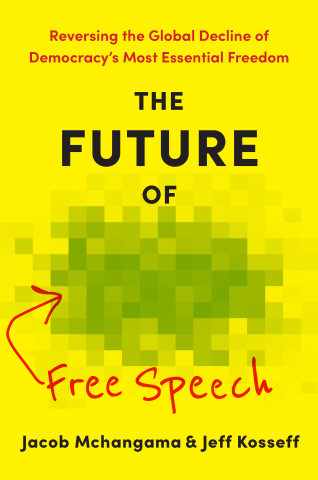
Reviews
This distinctive book frequently illuminates the dynamics of major scholars' research agendas (and of their career paths more generally), thus making it highly recommended reading for researchers in this subfield.
An intellectual tour of the discipline of comparative politics with some of its most creative pioneers and contemporary practitioners. The carefully organized interviews offer surprising perspectives about our eclectic and evolving field, and remind us of why we became scholars of comparative politics in the first place.
This fascinating history of comparative politics offers a panoramic view of major debates and of trends in theoretical and methodological approaches over the second half of the 20th century. It brings the field to life by letting scholars who shaped it sketch their own intellectual biographies. Reading it is a truly enriching and enjoyable experience for any comparativist.
This book fills a huge void in the profession of political science. Through a series of fifteen carefully prepared and referenced, wide-ranging, and often captivating interviews with many of the most influential scholars of comparative politics, we gain a priceless perspective on the growth of the discipline and the craft of research and theory building. In their intelligent and probing interviews (and very valuable introductory chapters), Munck and Snyder go a long way toward correcting our crippling deficit in professional memory, while revealing the life histories, moral convictions, intellectual passions, and divergent theoretical and methodological approaches that have shaped and advanced comparative politics in the last half-century. This book should be read by everyone who is preparing for, or thinking about, a career in political science, no matter the field.
Reading autobiographical reflections of notable scholars is a pleasurable way of learning about a field of study. These interviews cover a good slice of modern comparative government. They are wide ranging, focused, and informative. And fun to read.
To show how great works that have shaped our understanding of politics and society are rooted in individual lives is a wonderful project. Munck and Snyder are the best of guides. Thoroughly informed about the scholarship, they explore the personal side with deftness, tact, and imagination. The result is a series of lively and revealing intellectual portraits.
A fascinating oral history of comparative politics in the United States. You could read the collected books and articles of all the fifteen leading lights represented here and never grasp the insights that these interviews offer: how wars, immigration, and the economy shaped the research agenda; how the backgrounds, personalities, and life experiences of these scholars guided their work; and how these scholars evaluate one another and those beyond this elite circle. Munck and Snyder have performed an invaluable service to the discipline.
I told my qualitative research class to read at least three of the interviews in the book and summarize what they took from each. The response was amazing. Most of them had read most of the book. They were moved, inspired, and reassured by it. Each of them felt validated by something one of these scholars said. We ended up discussing the interviews through much of the class... the discussion of how real scholars relate their world and their scholarship was so exciting to them that I didn't want to stop it. So thanks... for helping them to bridge the often daunting distance between themselves and the names on the texts they read in class—it was truly rewarding.
Book Details
Preface
1. The Human Dimension of Comparative Research
2. The Past and Present of Comparative Politics
The Interviews
3. Gabriel A. Almond: Structial Functionalism and Political Development
4. Barrington
Preface
1. The Human Dimension of Comparative Research
2. The Past and Present of Comparative Politics
The Interviews
3. Gabriel A. Almond: Structial Functionalism and Political Development
4. Barrington Moore, Jr.: The Critical Spirit and Comparative Historical Analysis
5. Robert A. Dahl: Normative Theory, Empirical Research, and Democracy
6. Juan J. Linz: Political Regimes and the Quest for Knowledge
7. Samuel P. Huntington: Order and Conflict in Global Perspective
8. Arend Lijphart: Political Institutions, Divided Societies, and Consociational Democracy
9. Guillermo O'Donnell: Democratization, Political Engagement, and Agenda-Setting Research
10. Philippe C. Schmitter: Corporatism, Democracy, and Conceptual Traveling
11. James C. Scott: Peasants, Power, and the Art of Resistance
12. Alfred Stepan: Democratic Governance and the Craft of Case-Based Research
13. Adam Przeworski: Capitalism, Deomcracy, and Science
14. Robert H. Bates: Markets, Politics, and Choice
15. David Collier: Critical Junctures, Concepts, and Methods
16. David D. Laitin: Culture, Rationality, and the Search for Discipline
17. Theda Skocpol: States, Revolutions, and the Comparative Historical Imagination
Appendix: Date and Location of Interviews
References
Name Index
Subject Index





